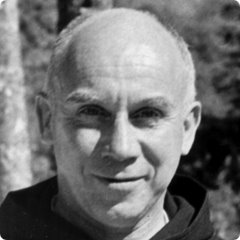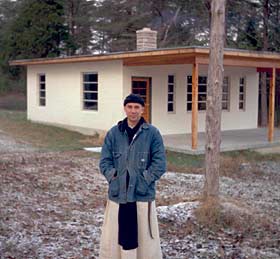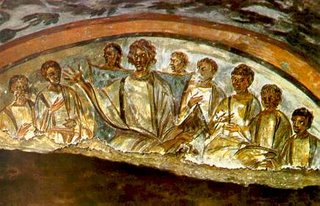 I am teaching a course in Organizational Ethics and Values this semester in the Doctor of Strategic Leadership Degree here at Regent University. I have been reflecting today on our own organizational values in the newly formed School of Global Leadership and Entrepreneurship (GLE) and how this intersects/reflects with the values of Biblical Christianity. The Dean of our school, Dr. Bruce Winston asked me and others to help in framing our values. We came up with the following:
I am teaching a course in Organizational Ethics and Values this semester in the Doctor of Strategic Leadership Degree here at Regent University. I have been reflecting today on our own organizational values in the newly formed School of Global Leadership and Entrepreneurship (GLE) and how this intersects/reflects with the values of Biblical Christianity. The Dean of our school, Dr. Bruce Winston asked me and others to help in framing our values. We came up with the following:In the School of Global Leadership and Entrepreneurship (GLE), we value:
- Devotion. We worship God, our Creator, through Jesus Christ, and are empowered by the Holy Spirit to offer our work and interaction with everyone as our reasonable service to Him through the biblical values of love, service, mutuality, humility and obedience.
- Excellence. We strive to be professionals of excellence in the quality of our work as we offer innovative solutions and insight to our organizations and entrepreneurial enterprises.
- Innovation. We embrace the new and test the old in order to find the best for both today and tomorrow as we seek to develop new and creative tools and methods to achieve our mission. We are committed to examining how we do what we do, why we do it and what we should be doing.
- Efficiency. We choose to be servants to those whom we encounter, providing consistent, efficient and accurate assistance. This requires that we be stewards of resources and seek the greater good of the greater whole.
- Integrity. We strive to always exhibit Christ-like character in our actions, words and deeds. We seek to be who we say we are and to have our deeds measured against our words as we "walk our talk."
- Respect. We are a family of brothers and sisters in Christ as we demonstrate healthy respect for, and build eternal relationships with, one another. This requires that we embrace diversity of faith traditions, cultures and history as we operate in unity toward the fulfillment of the greater mission.
- Peace. We strive to be ambassadors of peace in the midst of diverse beliefs and interpretations of faith and love as we stand firm in our convictions and provide insight and encouragement, so we may edify and refine one another in the pursuit of truth and the advancement of the mission.








